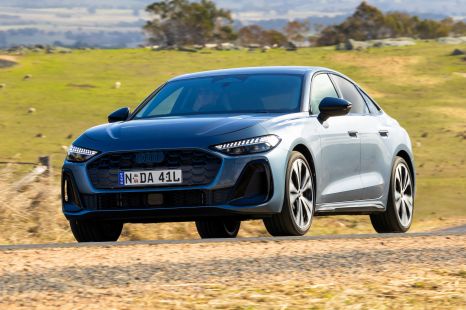

James Wong
2025 Audi A5 Sedan TFSI 150kW review
5 Days Ago

Journalist
Although 75 per cent of its global sales come from crossovers, Volvo has confirmed there will be sedans and wagons in its next generation of vehicles.
No doubt part of the company’s commitment stems from regional preferences. Sedans, especially long wheelbase models, continue to sell well in China, while wagons are preferred by Europeans over their sedan siblings.
Talking to Autocar, Hakan Samuelsson, Volvo’s outgoing CEO, confirmed its sedans and wagons will be “replaced with something even more attractive to consumers”.
He described these new “conventional” body style models will be a “little less square”.
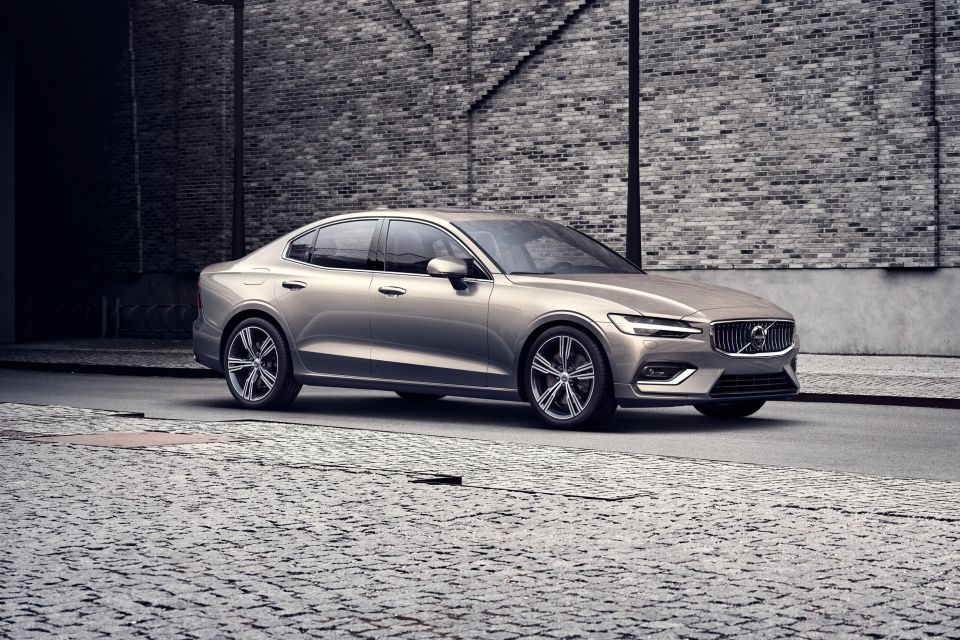
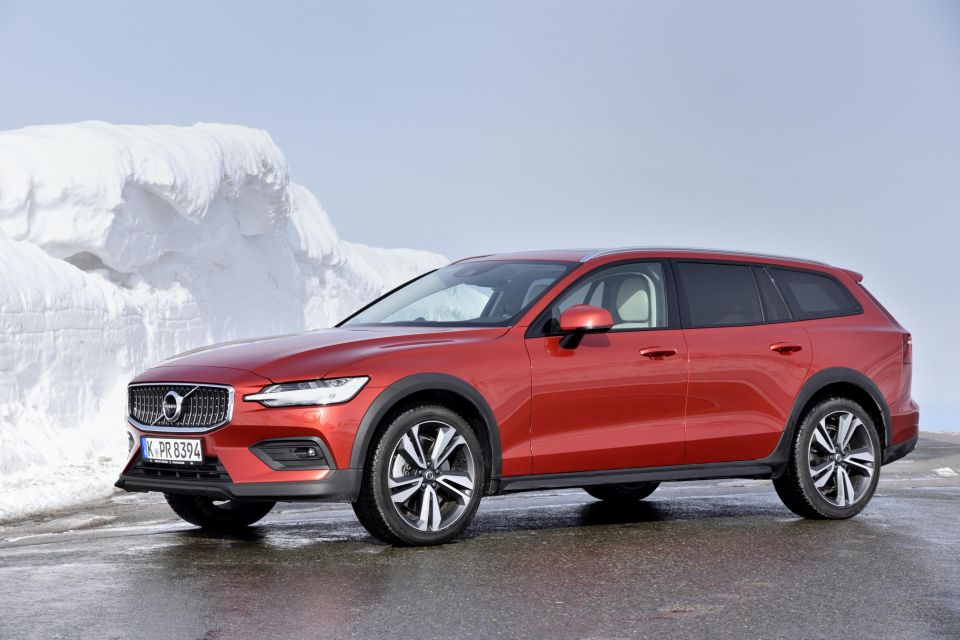
It seems unlikely there will be direct replacements for each of the S60 and S90 sedans, and V60 and V90 wagons, though. In 2021, Samuelsson told the British magazine the automaker is planning to increase the number of crossover offerings, while cutting back on sedan and wagon models.
Even with new sedan and wagon models confirmed, it’s unclear how many of these will take the long boat ride to Australia.
Volvo Cars Australia has pared back its sedan and wagon offerings to the S60 sedan and V60 Cross Country psuedo-crossover.
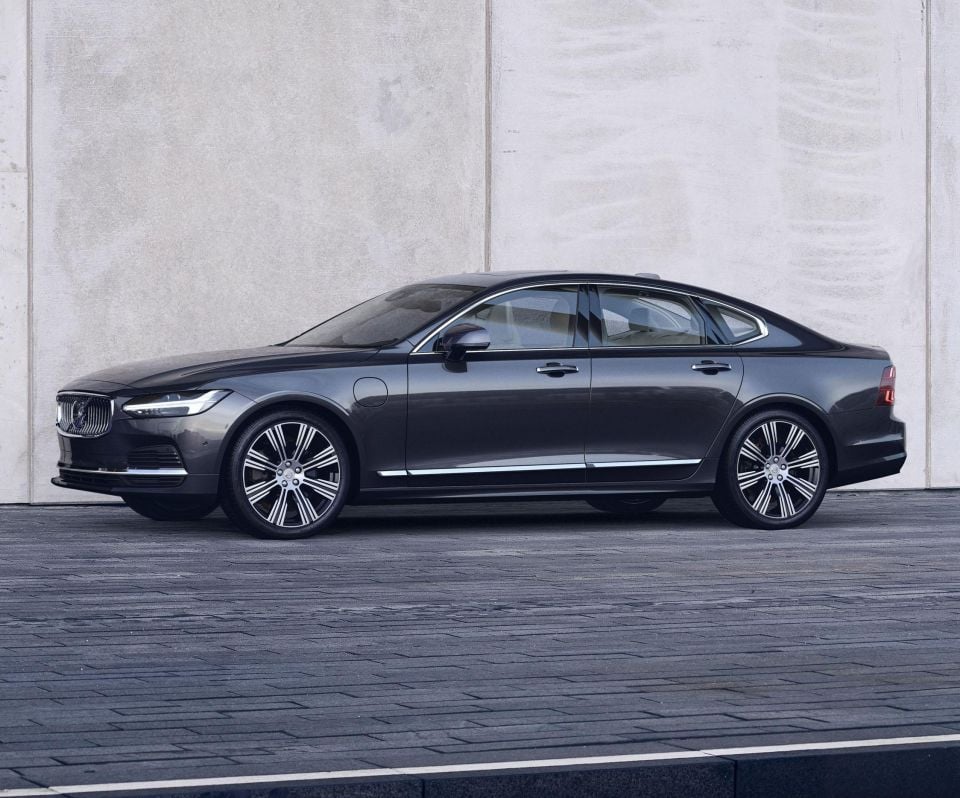
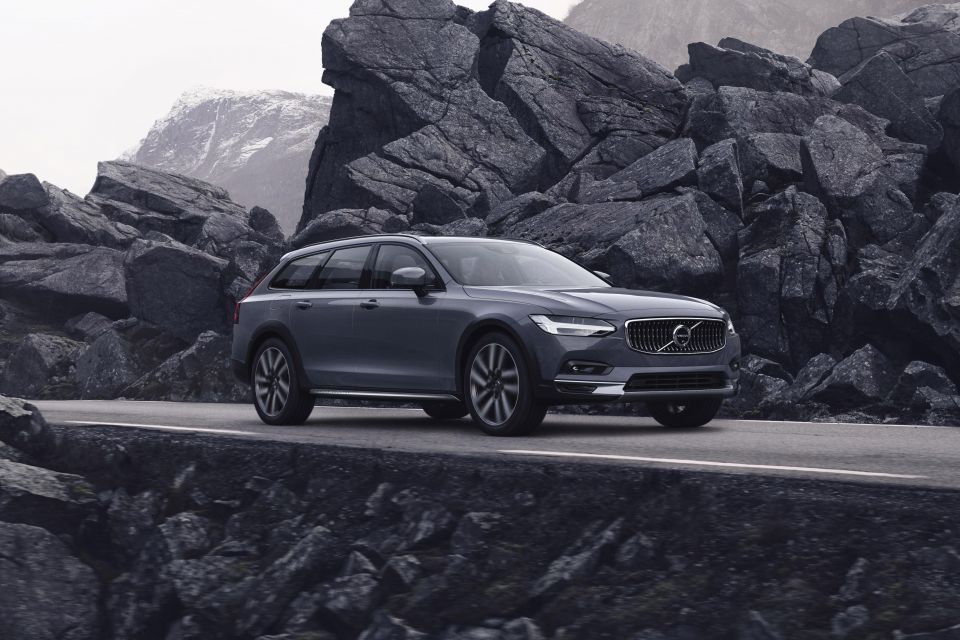
Regardless of what’s coming down the pipeline, we know for sure the existing nomenclature of XC crossovers, S sedans, V wagons, and C coupes and convertibles is heading out the door.
Starting with the XC90 replacement due this year, all future Volvo cars will be given “proper names”. The new range-topping crossover is expected to have styling derived from the Concept Recharge, and could be known as Embla.
Since its founding as an automaker in the 1920s, most of the company’s cars have had alphanumeric names. The Duett, which ended production in 1969, was the last Volvo to use a proper name on a global basis.
CarExpert helps new car buyers save thousands with expert reviews, honest advice, and transparent pricing – no dealer pressure and no sales games.
Derek Fung would love to tell you about his multiple degrees, but he's too busy writing up some news right now. In his spare time Derek loves chasing automotive rabbits down the hole. Based in New York, New York, Derek loves to travel and is very much a window not an aisle person.


James Wong
5 Days Ago
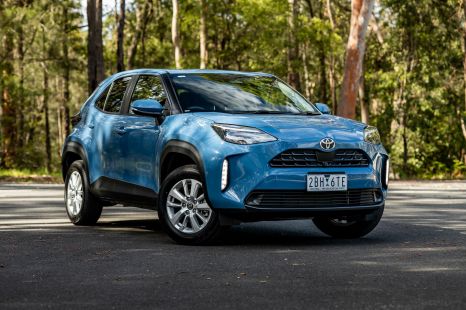

Matt Campbell
4 Days Ago
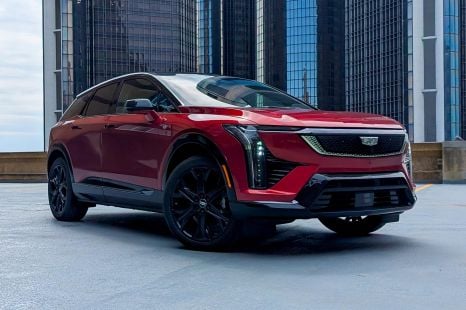

William Stopford
2 Days Ago
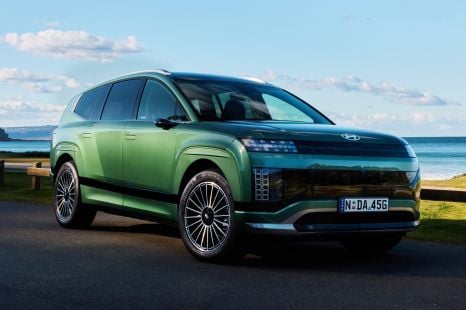

Josh Nevett
19 Hours Ago
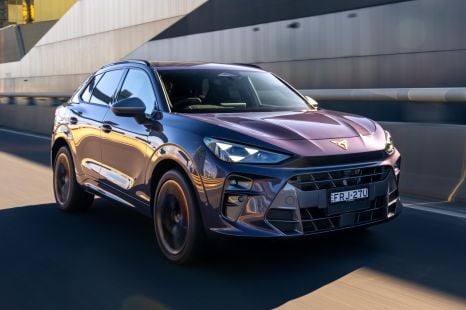

James Wong
19 Hours Ago
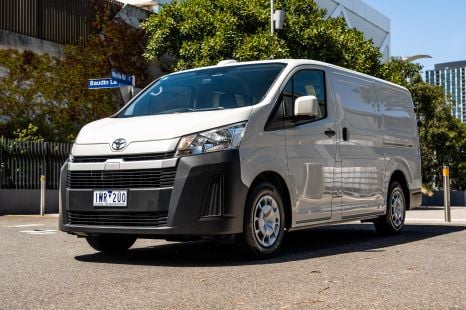

Max Davies
12 Hours Ago